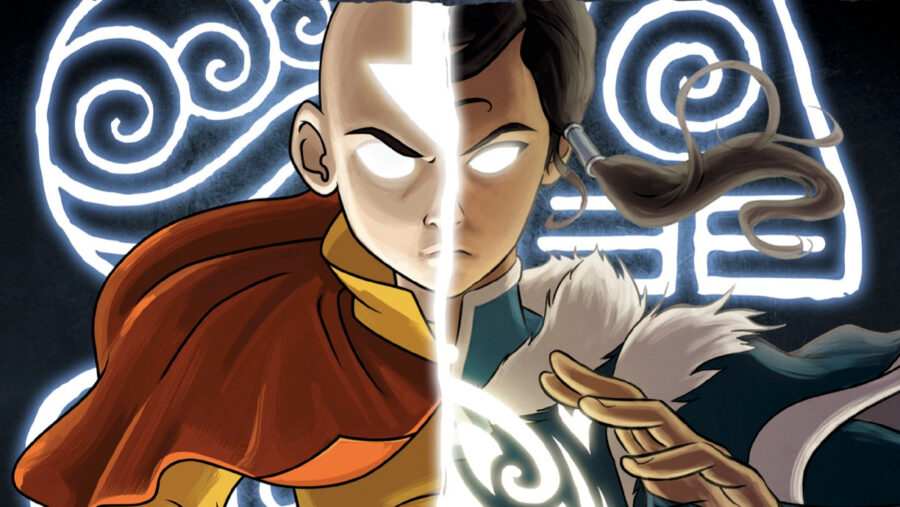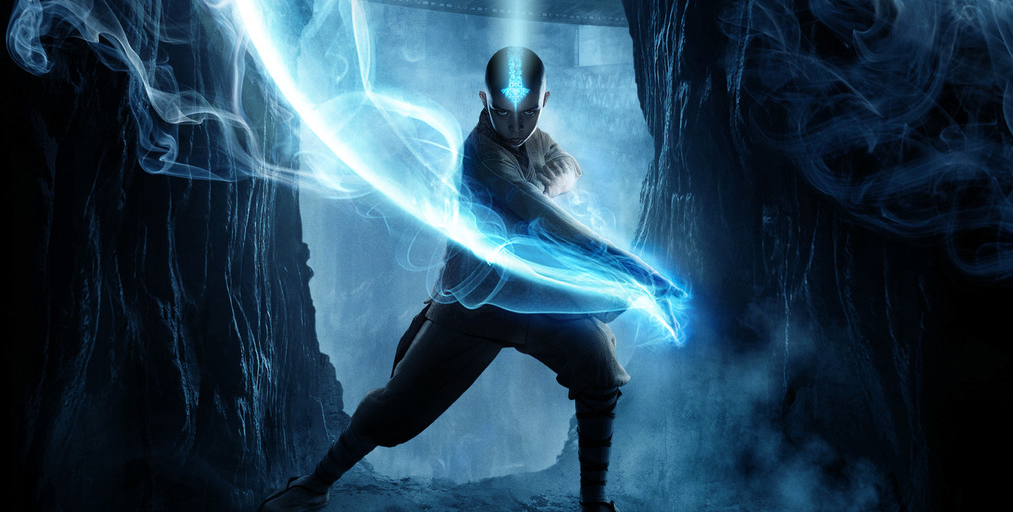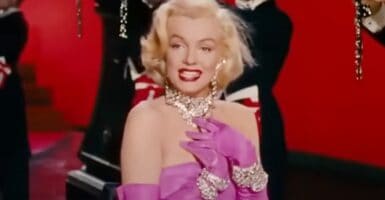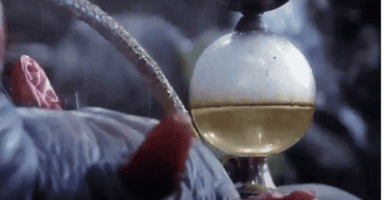Avatar: The Last Airbender’s New Live-Action Series Cast Its Villain
Avatar: The Last Airbender has cast its villain for the live-action adaptation on Netflix. They are loading up this cast for a huge production
This article is more than 2 years old

The Fire Nation has gained a new sovereign. Daniel Dae Kim switches out his green earthbender robes for the deep red Imperial longpao of Fire Lord Ozai, a Variety exclusive reveals. The star of Raya and the Last Dragon, who voiced General Fong in the original animated series, is now playing Prince Zuko’s conniving, power-hungry father in Netflix’s live-action Avatar: The Last Airbender. The news comes on the heels of the show’s primary castings only three months prior. In August, showrunner Albert Kim announced Gordon Cormier, Kiawentiio, Ian Ousley, and Dallas Liu had been tapped to play series leads Aang, Katara, Sokka, and Zuko, respectively.
Ozai was the primary antagonist of Michael Dante DiMartino and Bryan Konietzko’s Avatar: The Last Airbender, serving as Fire Lord of the warmongering Fire Nation. A relic of the Hundred Year War, he was a Machiavellian figure hellbent on imposing the will of the firebenders on neighboring kingdoms and wasn’t above senseless violence in pursuit of what he considered was a family duty. Ozai held his son Zuko at impossibly demanding standards and trained him to carry on tradition at the cost of the young boy’s moral compass.
Though the Fire Nation would thrive technologically by his hand, Ozai has committed various war crimes he would be duly held accountable for later. Those included orchestrating Zuko’s death, sending his wife Ursa away upon knowledge of Zuko’s murder, and plotting to burn down the Earth Kingdom using Sozin’s Comet. The latter was for the sole purpose of becoming Phoenix King and ruling over all four nations. Avatar: The Last Airbender portrayed Ozai as the ultimate villain, the final boss in over half a decade of political and social turmoil.
A major arc in Avatar: The Last Airbender set Aang on Ozai’s warpath; though bilateral politics kept the two from directly engaging each other, Ozai’s plan to harness the Great Comet as a nuclear weapon forced Aang to take matters into his own hands, utilizing energybending to great effect and stripping the Fire Lord of his firebending abilities. The disgraced sovereign was eventually imprisoned for life, with Zuko succeeding him as Fire Lord. Most of Ozai’s rulings were overturned, including Ursa’s banishment, while Zuko relentlessly advocated for peace and strived for the Fire Nation to start over. He eventually founded the United Republic of Nations with the new Avatar Aang before relinquishing the throne to his daughter Izumi.

Albert Kim’s live-action Avatar: The Last Airbender promises to stay true to the cultural origins of the animated show and keep from whitewashing any roles. Though executive producers DiMartino and Konietzko would inevitably depart as showrunners owing to various creative differences, the Netflix series has nonetheless carried on the honored tradition of casting only Asians in racially appropriate parts. And they’ve also invited original series constants, like composer Jeremy Zuckerman, on board. Instead of DiMartino and Konietzko, Dan Lin (Aladdin), Lindsay Liberatore (Walker), Roseanne Liang (My Wedding and Other Secrets), and Michael Goi (Swamp Thing, American Horror Story) are executive producing, with Liang, Goi, and Jabbar Raisani directing episodes.
Avatar: The Last Airbender was previously adapted for the silver screen in 2010 by M. Night Shyamalan. The feature was a major flop, critically, culturally, and aesthetically, packed with a heavily whitewashed cast, unrecognizable lore, and subpar direction and visual effects. Despite earning three times more than the overall budget, The Last Airbender remains one of the worst films of all-time, alongside Adam Sandler’s That’s My Boy, Robert De Niro’s Dirty Grandpa, Sarik Andreasyan’s Guardians, and Tom Hooper’s Cats from the 2010s. It was originally meant to kickstart a trilogy.
Netflix’s live-action Avatar: The Last Airbender is still in pre-production.












